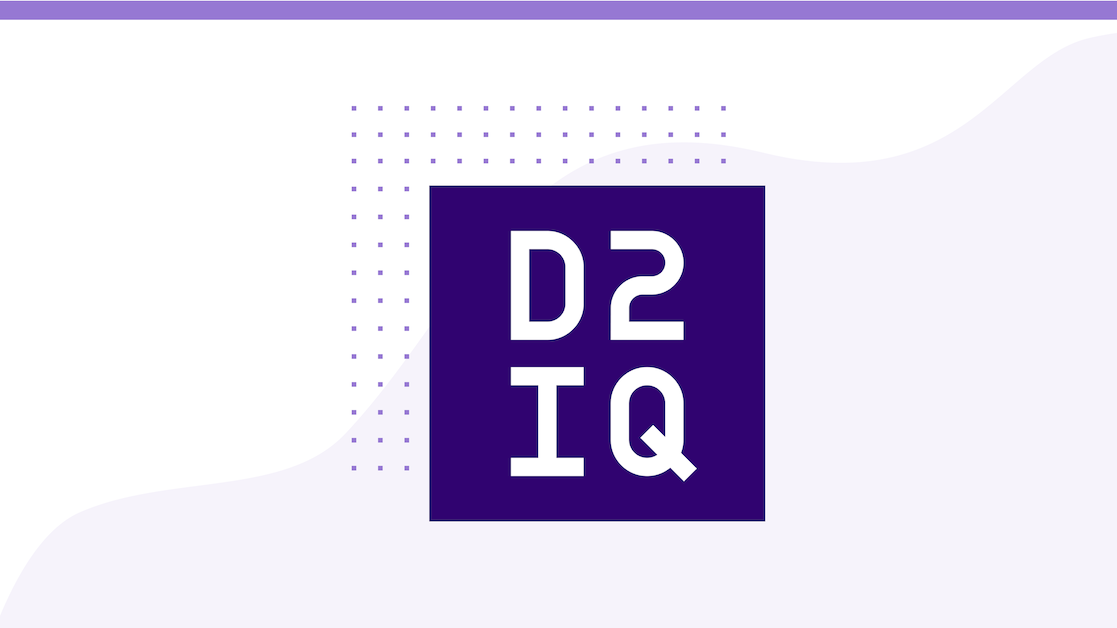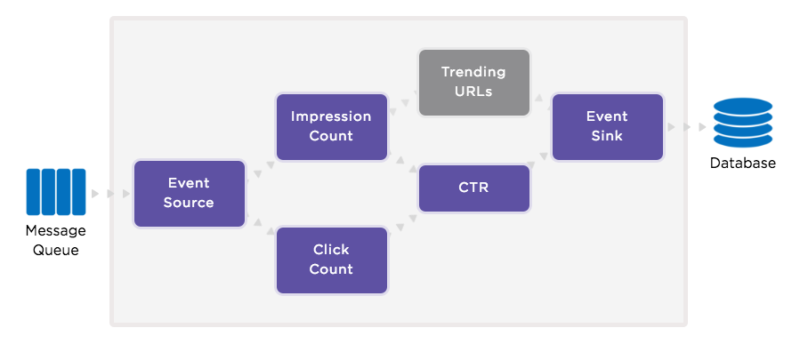Today, we're excited to announce that
Concord is available in the
DC/OS Universe. Concord is a real-time stream processing framework built on Apache Mesos.
As more organizations are embracing stream processing, demands for better performance and the ability to easily operationalize real-time applications have emerged. Concord addresses developer efficiency by automating devops work like provisioning or managing servers when scaling applications.
While open source stream-processing systems like Apache Storm and Spark Streaming focus on running Hadoop MapReduce functions in real-time, Concord runs real-time applications as asynchronous services. Some of the unique features that Concord provides on DC/OS include the following.
Dynamic deployment of applications
Change application logic or scale jobs at runtime (no downtime when changing jobs / topologies).
[caption id="attachment_5805" align="aligncenter" width="800"][
Dynamic topology in Concord.[/caption]
Multi-language support
Concord supports a broad set of programming languages including Python, Ruby, Java, Scala, C++ and Go with its open-source APIs.
Performance and built-in tooling
Concord's core is built in C++, which provides predictable performance as you scale. It also allows you to debug your application easily using its built-in distributed tracing and logging tools.
[caption id="attachment_5905" align="aligncenter" width="800"][
Tracing in Concord.[/caption]
So what would you use Concord for? Concord is designed to run real-time applications like fraud detection, real-time bidding, IoT sensor monitoring and alerting.
We decided to integrate with DC/OS as it is the easiest way to run distributed systems frameworks on the cloud. The idea is that Mesos is the "operating system kernel" of your distributed system, abstracting away computing resources and providing distributed programs with APIs for resource management and scheduling; while DC/OS is the operating system existing on top of this "kernel." This operating system can automate resource management, schedule new processes, simplify deployments, and even comes with a web and command line interface.
[caption id="attachment_5907" align="aligncenter" width="800"][
Concord in the DC/OS Universe.[/caption]
We're excited to be a part of the DC/OS community with a true real-time stream processing framework. To learn more about Concord + DC/OS and how to get started,
take a look at our blog post.









